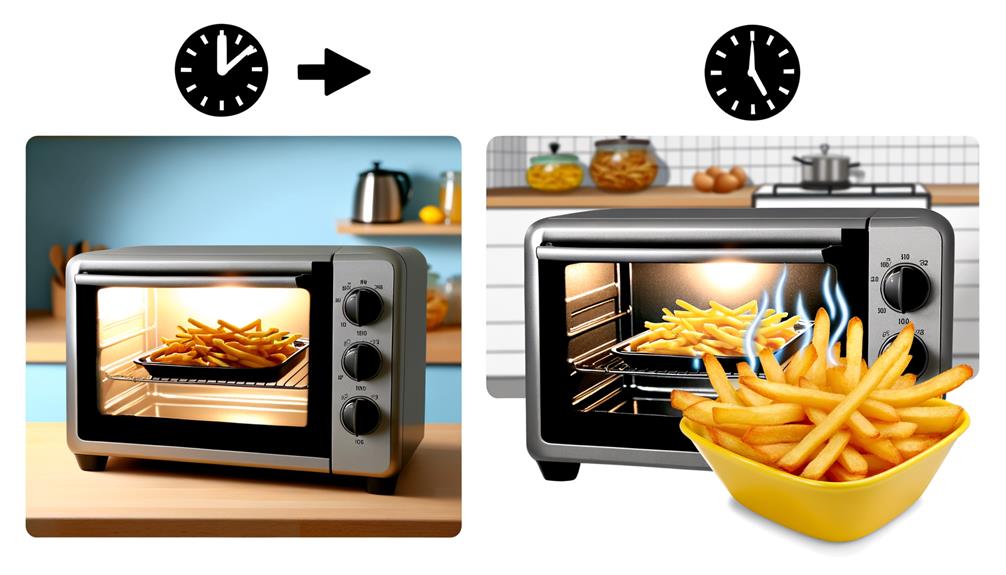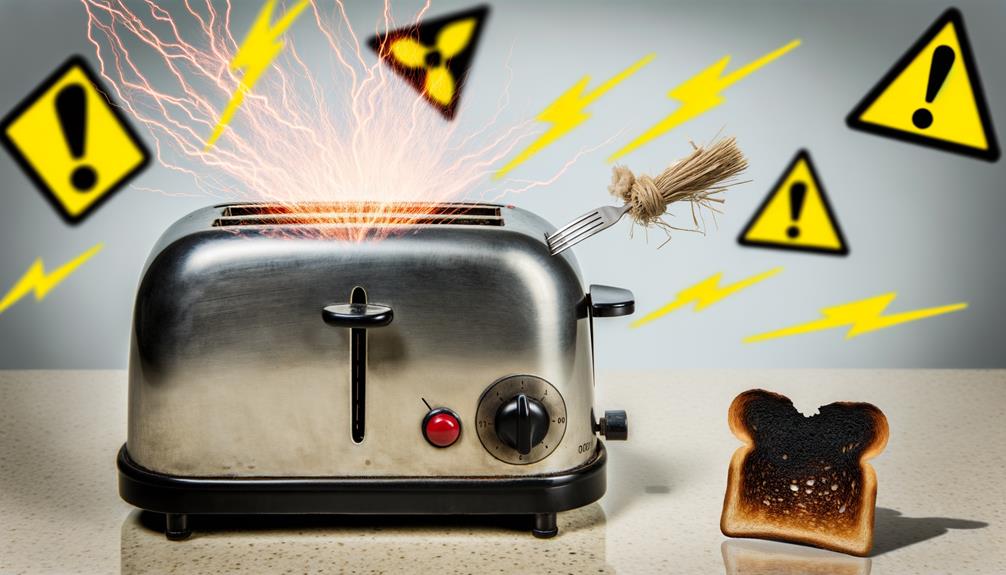Refrigerators or fridges for short are incredibly important parts of our lives. They are always there and ensure that we don’t have to constantly go to our local store to get fresh food.
Table of Contents
Toggle
They mean that after a long, hard day’s work we can easily come back home and make ourselves a delicious meal without thinking too much.
However, you might be wondering about some basic facts related to a refrigerator. How cold should a refrigerator be? Is owning a refrigerator good for your health?
All these questions and more will be answered by reading this article.
What Is A Refrigerator?
Let’s start with a fairly simple question but one that is important to ask in order that we all understand what we mean by a fridge – what is a refrigerator?
A refrigerator is a device used to keep food cool. It consists of a cabinet that contains shelves where food is placed.
There are usually doors on top to allow access to the shelves. Refrigerators are used to preserve food safely.
They work by absorbing heat from the air around them and releasing it into the surrounding space. This process makes the air cooler and lowers the temperature inside the fridge.
So How Cold Should A Refrigerator Be?
Refrigerators are essential appliances in our homes. They keep food fresh and safe from spoiling. The temperature inside them also affects the quality of the food stored inside.
Refrigerators come in two types: those with a compressor and those without. Compressors run continuously and consume energy even when the fridge door is closed.
This means they are always running, even when the fridge is turned off.
In contrast, refrigerators that do not have compressors only need to operate when you open the door and close it again. These are called ‘defrosting’ models.
The question then arises as to what temperature should a refrigerator be kept at. Is there any scientific evidence on this matter?
The answer to this question depends on several factors. First, the type of food being stored.
For example, if we store meat, fish or dairy products, their temperature will affect how long these foods can stay fresh.
Meat needs to be kept above 5 °C (41 °F) while milk and other dairy products must be kept below 8 °C (46 °F).
If we store vegetables, fruits or eggs, their temperature has no influence on how long they last.
Secondly, the size of the fridge. A small fridge may require more frequent defrosting than a larger one because its insulation capacity is lower.
Thirdly, the ambient temperature outside. When the weather is very hot, the fridge may need to be opened less often so that the temperature inside does not rise too much.
On the other hand, when it is very cold outside, the fridge may need more frequent defrosting to prevent ice forming on the coils.
Finally, the age of the fridge. Older fridges tend to be colder than new ones. This is due to the fact that older fridges use more electricity.
So, given all this information, what temperature should a fridge be kept at?
There is actually some scientific evidence on this matter. According to the American Society for Testing Materials (ASTM), the ideal temperature for storing most kinds of food is 4-6 °C (39-43 °F).
However, the best way to find out which temperature your fridge should be set at is by consulting an expert.
Why Is A Refrigerator Important?

A refrigerator keeps food fresh for longer periods of time. This is especially useful during summer months when people eat out more frequently.
It also helps to reduce waste. By keeping food in a refrigerator, we avoid throwing away spoiled food. We don’t have to worry about food going bad anymore.
Refrigerators are also good for our health. The low temperatures make bacteria grow slower, thus reducing the risk of getting sick.
Refrigerators are also environmentally friendly.
Because they absorb heat from the environment, they help to reduce greenhouse gas emissions.
In some parts of the US and Europe, many people still prefer to buy their groceries at markets instead of supermarkets.
Markets are open air markets that sell fresh produce such as fruit, vegetables, seafood and meats.
These markets are popular among locals since they provide a convenient alternative to supermarkets.
However, there are downsides to buying groceries at a market. Firstly, it is expensive. Secondly, it is difficult to get quality produce. Thirdly, there are hygiene concerns.
The first problem with shopping at a market is that prices are higher. Produce sold in supermarkets tends to be cheaper than those sold in markets.
The second problem is that the quality of produce varies greatly between markets. Some sellers will cut corners by selling rotten or damaged goods.
Others will overcharge customers for inferior products.
The third problem is that markets do not always maintain hygienic standards. For example, some stalls sell raw meat without any protective measures against contamination.
This means that shoppers may end up eating contaminated food. In addition, some stalls use dirty utensils to prepare food.
Therefore, whenever possible try to buy your food at a supermarket as it will have gone through more rigorous health checks than the produce at a market.
Final Thoughts
Refrigerators are important parts of all lives. They are significantly connected to our well-being and ensuring that we have the healthiest meals possible.
This is why it is important to know exactly how your refrigerator works in order that you can tell if you are not only using it correctly but also to ensure that you know when it breaks down.
Refrigerators improve all our lives. They are there to help us have an easier and healthier life.
So if you want to ensure that you are living your best life you have to know as much as you can about your refrigerator and make sure you look after it – because if you look after your refrigerator, your refrigerator will look after you.









